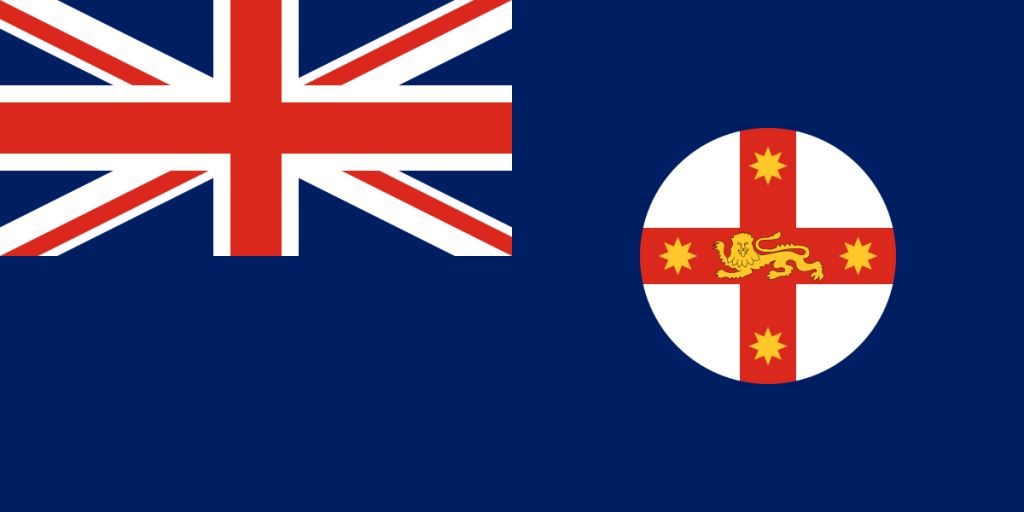
New South Wales Recording Laws Summary
According to section 7(1) of the Surveillance Devices Act 2007 (NSW), it is against the law to install, use or maintain listening devices that record private conversations regardless of whether or not you’re a party to the conversation. Section 4(3) of the Act clarifies that any device that can transmit or record visual images (video cameras) and also record audio may be considered as listening devices. This means that New South Wales can be considered an all party consent state.
However exceptions to New South Wales recording law applies if:
- A party to the private conversation receives consent, express or implied from all the parties to the private conversation.
- A principal party to the private conversation consents to the recording activity if:
- The recording is reasonably necessary for the protection of the lawful interests of that principal party.
- The recording is not made for the purpose of communicating or publishing the conversation, or a report of the conversation, to persons who are not parties to the conversation.
Under section 11(1) of the Act, it is illegal to publish or in any way disseminate (including by word of mouth) any recorded private conversation or content of the conversation without the consent, express or implied, of all the parties to the private conversation.
Is it Legal to Record a Conversation in New South Wales?
You may not record or share conversations that you are not a part of without the consent of all parties.
If you are a third-party and require consent from the parties taking part in the conversation you may gain consent by:
- Getting verbal or written consent prior to the recording being made.
- A verbal notification being played before the conversation begins. (For example: “This phone call is being recorded for quality control purposes…”).
New South Wales Video Recording Laws
According to section 8 of the Surveillance Devices Act 2007, it is illegal to knowingly install, use, or maintain an optical surveillance device (video cameras) on a vehicle or premises by trespassing into the property or vehicle or interfering with the property or vehicle without the consent, express or implied, of the owner or occupier of the premises or vehicle. Typically video surveillance laws will fall under the much more stringent audio recording laws. Currently there is no law in Australia that prohibits you from filming in a public space where there is no expectation of privacy. You can film streets, buildings, and people but should be careful not to film anything that may have copyright protection.
New South Wales Publishing Laws
It is illegal to publish or communicate a private conversation or a record of a private activity unless the communication or publication is made:
- To a party to the private conversation or activity.
- With express or implied consent of all parties to the private conversation or activity.
New South Wales Recording Laws Penalties
- In the case of a corporation, the maximum penalty is 500 penalty units.
- In any other case the penalty is 100 penalty units or 5 years imprisonment, or both.
Other Australian Laws